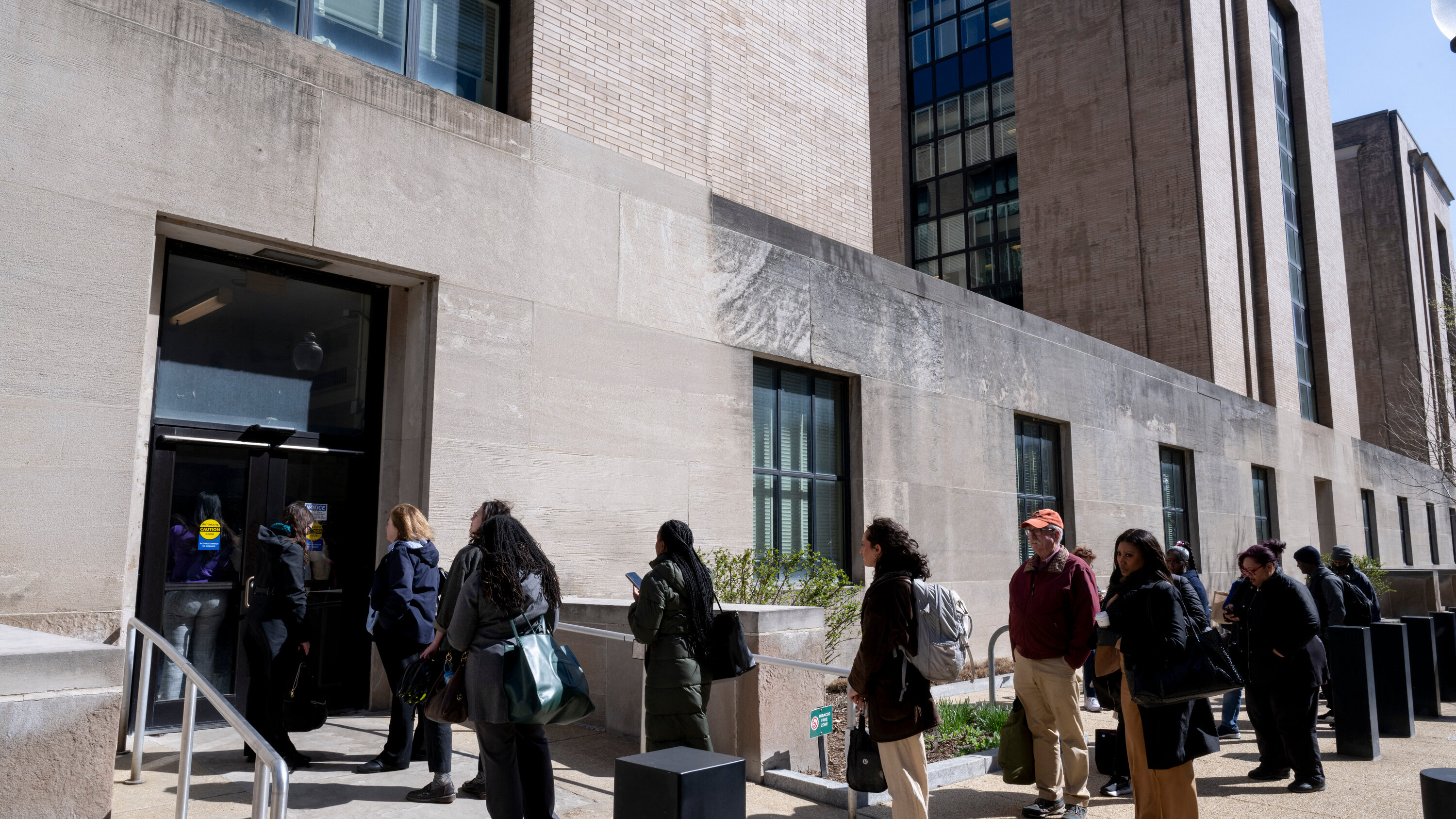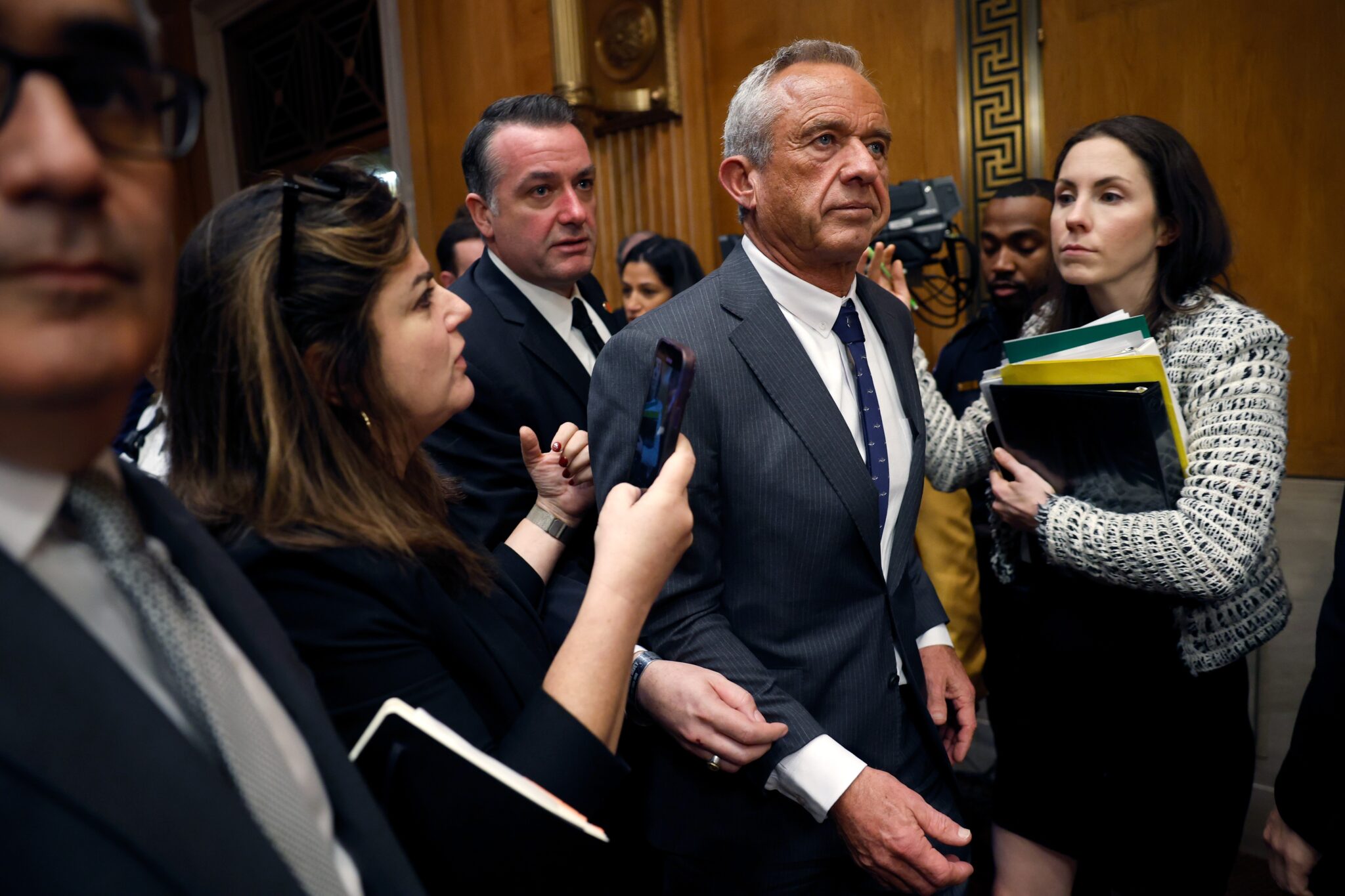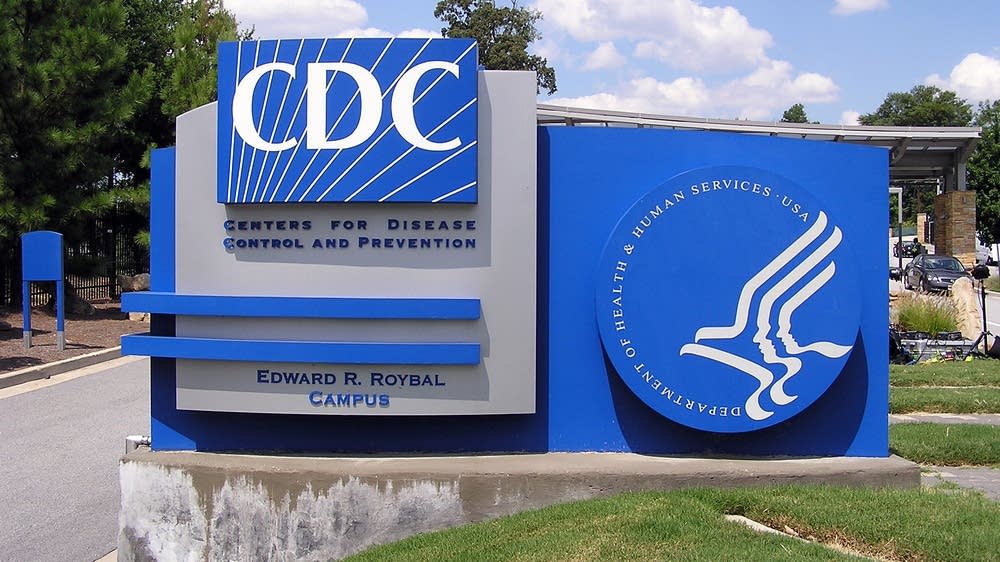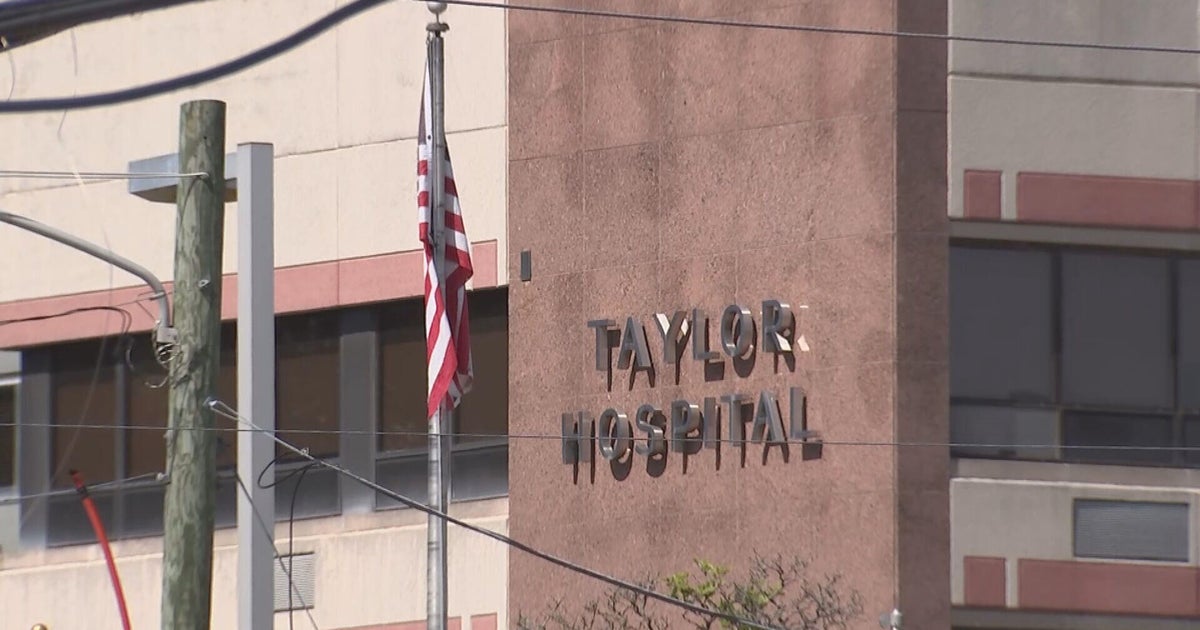Health Crisis Looms: Trump's Budget Slashes Chronic Disease Prevention Funds
Health
2025-05-02 21:32:41Content

In a stark contradiction of public health priorities, Robert F. Kennedy Jr. has raised alarms about a looming chronic disease crisis, even as proposed federal budget cuts threaten to shutter the Centers for Disease Control and Prevention's critical prevention research center.
The irony is palpable: at a time when preventive healthcare could be the key to addressing rising health challenges, the current budget blueprint seeks to dismantle the very infrastructure designed to understand and mitigate these emerging health risks. Kennedy's warnings about an impending epidemic stand in sharp contrast to potential policy decisions that could leave Americans more vulnerable to chronic health conditions.
The proposed elimination of the CDC's prevention center would not only undermine ongoing research but also potentially compromise the nation's ability to proactively address complex health challenges. This move raises serious questions about the long-term public health strategy and the commitment to understanding and preventing chronic diseases that increasingly impact American communities.
As healthcare experts and policymakers debate the budget, the potential loss of this critical research center represents a significant setback in the ongoing battle to understand, prevent, and manage chronic health conditions that continue to challenge our healthcare system.
The Silent Health Crisis: CDC Prevention Center Under Threat
In an era of mounting health challenges, the potential closure of a critical disease prevention center has sparked intense debate about the future of public health strategy in the United States. The intersection of political decision-making and public health infrastructure reveals a complex narrative that demands immediate attention and comprehensive understanding.Unraveling the Epidemic: A Nation's Health Hangs in the Balance
The Chronic Disease Landscape
The United States stands at a critical juncture in its public health trajectory. Chronic diseases have emerged as a formidable adversary, silently undermining the nation's overall well-being. Kennedy's stark warnings about an impending health epidemic resonate with growing medical research that highlights the systemic challenges facing American healthcare. These conditions—ranging from cardiovascular diseases to metabolic disorders—represent more than isolated medical challenges; they symbolize a broader societal transformation that demands proactive intervention. Epidemiological data paints a sobering picture of increasing health vulnerabilities. Lifestyle factors, environmental influences, and genetic predispositions converge to create a perfect storm of health complications. The proposed budget blueprint, which threatens to dismantle the Centers for Disease Control and Prevention's prevention-focused center, arrives at a moment of unprecedented medical complexity.Political Implications of Healthcare Infrastructure
The potential closure of the prevention center represents more than a bureaucratic restructuring—it signals a fundamental shift in national health priorities. Budget decisions are never merely financial; they are profound statements about societal values and long-term strategic thinking. By potentially eliminating a critical research and prevention hub, policymakers risk undermining years of accumulated medical knowledge and proactive health strategies. Medical experts argue that prevention is exponentially more cost-effective than treatment. Each dollar invested in preventative measures can potentially save hundreds, if not thousands, in future healthcare expenditures. The proposed budget cut threatens to disrupt this delicate economic and health ecosystem, potentially creating long-term financial and human costs.Technological Innovation and Health Monitoring
Modern disease prevention transcends traditional medical boundaries. Advanced data analytics, artificial intelligence, and comprehensive health tracking technologies have revolutionized our understanding of chronic disease progression. The CDC's prevention center has been at the forefront of integrating these cutting-edge technologies into public health strategies. Sophisticated predictive models developed by researchers can now anticipate disease trends with remarkable accuracy. These tools enable targeted interventions, personalized health recommendations, and strategic resource allocation. The potential loss of this center would represent a significant setback in technological health innovation.Community and Individual Resilience
Beyond institutional frameworks, the prevention center's work directly impacts community health resilience. Through extensive research, educational programs, and community outreach, the center has been instrumental in empowering individuals to make informed health decisions. Local health initiatives, supported by comprehensive research, have demonstrated remarkable success in mitigating chronic disease risks. The proposed budget cut threatens to disrupt these intricate community networks. Prevention is not just a medical strategy; it's a collaborative social process that requires sustained investment, research, and community engagement.Global Health Perspectives
The potential closure of the prevention center has implications that extend far beyond national borders. In an increasingly interconnected world, robust public health infrastructure serves as a critical line of defense against emerging health challenges. The United States has long been a global leader in medical research and prevention strategies. By potentially compromising this critical infrastructure, the nation risks diminishing its international health leadership. Global health organizations closely monitor such institutional changes, recognizing their broader implications for medical research and disease prevention strategies.RELATED NEWS
Health

Federal Judge Halts Trump's $11B Healthcare Funding Cutoff in Dramatic Legal Showdown
2025-04-04 10:01:08
Health

Scalpel to Science: Trump's Proposed Budget Slashes Vital Health Research Funding
2025-05-02 16:22:27






